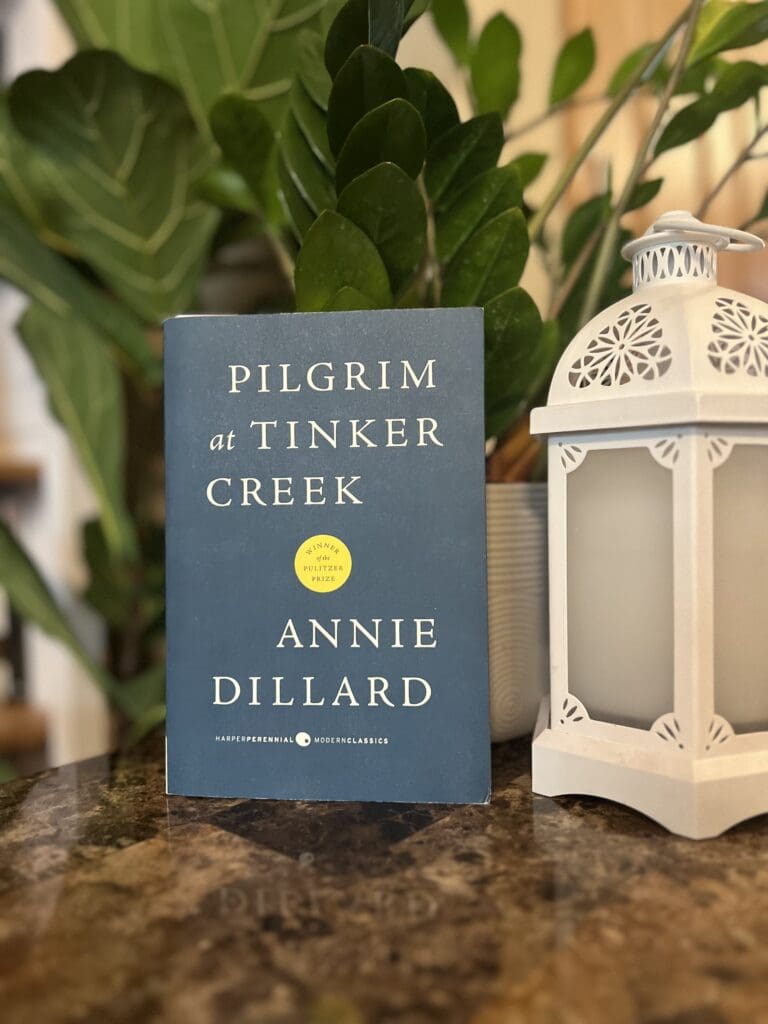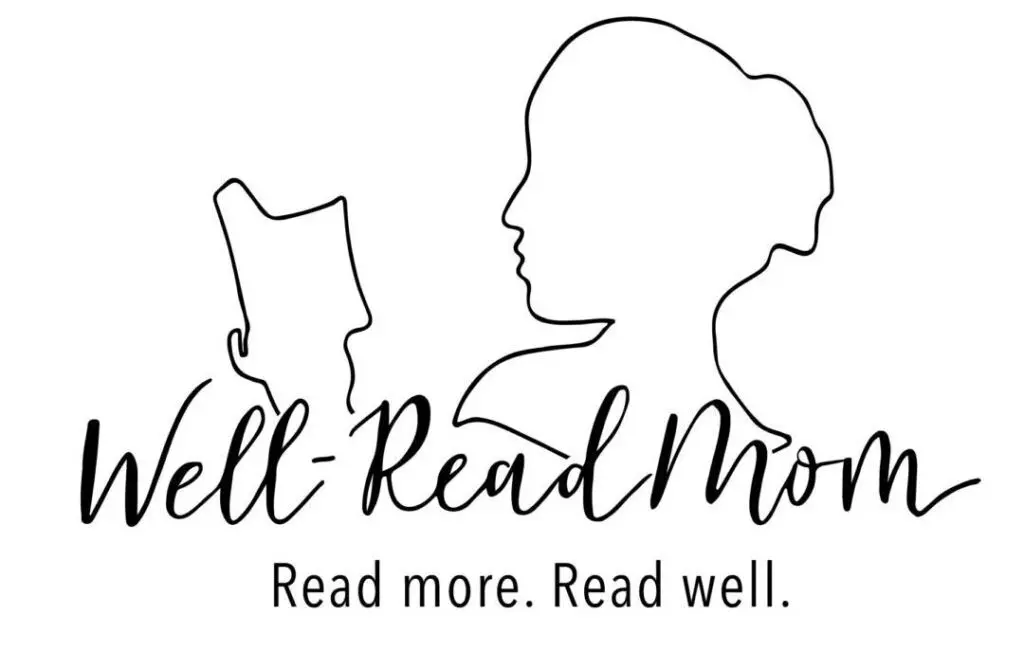Ants in the Honey Cabinet
Written by Emily Burns Russell
My mom keeps bees. The delight and wonder this sparks in her life has been a joy for our family to share, along with gallons of honey we’ve helped her extract every June since she started this hobby. In our corner kitchen cabinet, we keep old washed jelly jars full of the stuff, which we dump on oatmeal and toast most mornings.
One day, a few weeks ago, when I opened the corner cabinet door, I discovered a horde of ants devouring the globs of honey that had dripped from said jelly jars onto the cabinet shelf. I closed the door with a general feeling of “ick” before I reopened it, screwed the jar lids on tight, and moved them to the kitchen sink, where I rinsed dozens of voracious ants down the drain. I moved my mom’s precious honey vessels to a plate on the counter and then asked my husband to please buy some ant poison while he was out that day. The ants stayed in the cabinet, eating honey globs.
I was in the middle of reading the second half of Annie Dillard’s Pilgrim at Tinker Creek when this episode occurred, so my mind went to Dillard’s proclamation that “Fish gotta swim and birds gotta fly; insects, it seems, gotta do one horrible thing after another.” As a native Virginian, I had sailed through the first half of Dillard’s book, feeling a smug form of state pride at the glorious way she depicts the magnificence of Virginia’s natural world. But then I hit the second half of the book and needed a break from her graphic depictions of parasites and praying mantises, slogging my way towards some hope of a redemptive end to her treatise.
I went to work. I forgot the ants. I didn’t read Tinker Creek on my lunch break. I came home. My husband had put poison on the kitchen counter. I opened the cabinet to check out the status of the infestation. I gasped.
The ants had cleaned my cabinet.
Every drop of dried honey that would have taken me a great effort of scrubbing to remove was gone. There was no sticky vestige of bee gold left anywhere. And there being no honey left, our ant horde had all but disappeared, moving on to find food somewhere else in our kitchen, which, with a twinge of guilt, I realized was in the container of ant poison my husband had dutifully set out, not far away.
Insects, it seems, are not so uniquely horrible. I finished the book.
It’s already August, and I’ve been carrying Dillard’s natural commentary through this Virginia summer. My son and I saw a mink on a Nelson County mountaintop. My husband watched an albino deer fawn creep through our neighbor’s yard. We’ve caught sunfish and lightning bugs. We’ve watched the leaves on our trees turn up and out, sensing rain coming at the same time we did.

These moments have brought echoes of Dillard’s voice exclaiming, “Extravagance!” over our exuberant, generous, radically loving Creator. I’ve heard her whispering reasons to “shun travel” to stay on the cutting edge of the marvels in our Virginia yard.
But perhaps there’s a stronger Dillard moral in the story of the ants we killed after they cleaned our cupboard of the honey the bees made after my mother cared for them. Perhaps the moral is that insects aren’t so horrible after all. Maybe we shouldn’t judge our neighbors, even when they creep us out. Perhaps our natural home binds us to its creatures more than we realize. Maybe it’s that “it’s all a chancy, jumbled affair at best, as things seem to be below the stars.” Perhaps I should do a better job of cleaning my cabinets.
Ultimately, hearing Dillard’s voice narrate the nature around us, even when it’s gross, weird, and senseless, still points to a Creator whose infinite attention to that nature points to infinite attention to every moment, every thread of our lives. “The creator,” adds Dillard herself, “churns out the intricate texture of least works that is the world with a spendthrift genius and an extravagance of care. This is the point.”

About Emily Burns Russell
Emily Burns Russell lives south of Richmond, Virginia, where she loves to adventure with her husband and young son. Sometimes, she writes about what she’s reading at libtheo.com.
About Well-Read Mom
In Well-Read Mom, women read more and read well. Our hope is to deepen the awareness of meaning hidden in each woman’s daily life, elevate the cultural conversation, and revitalize reading literature from books. If you would like to have us help you select worthy reading material, we invite you to join and read along with us. We are better together! For information on how to start or join a Well-Read Mom group visit our website wellreadmom.com

